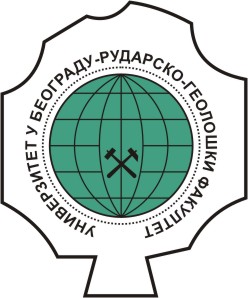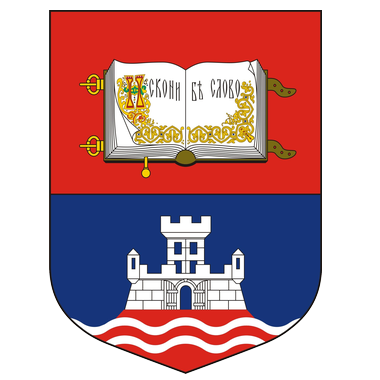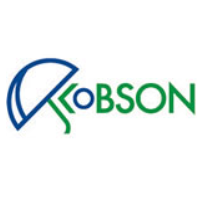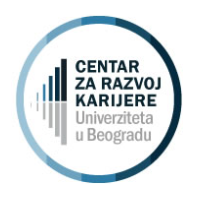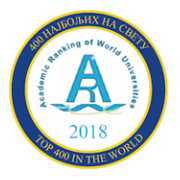Content:
Theory teaching
The course content is divided into five parts: general part, open-pit mining, underground mining, exploitation of liquid and gaseous fuels and preparation of mineral raw materials. The general part deals with the development of mining, production of mineral resources in the world and in our country, state and further development of mining in the territory of Serbia, as well as the development of education for the purpose of mining. Then, the basic notions about the deposits and their division are given. Mining methods of exploration and classification of mineral reserves are being processed. In the part which processes the open-pit mining operations, the advantages and disadvantages of open-pit mining are given, the basic elements of the open pit, the types of open-pit, opening of open pit, the objects of open-pit mining, mining operations face, overburden ratio, drainage of open pits, technology of excavation works on the drilling and blasting, blasting methods on open pits, mechanized digging and loading, machines - excavators with one or more working elements, disposal of overburden and debris. Within the underground mining, the following is given: opening the deposits, development and preparation of deposits for mining, underground facilities, definitions and methods of construction, methods of organization development of the corridor, ventilation of mines, characteristics of mine air, the method of pit ventilation, blasting in the area with a methane and coal dust. Methods of excavation - non-layered deposits: methods of open excavation, excavation methods with backfilling of excavated areas, digging methods with decay of the roof. Methods of excavation - layered deposits: shortwall working method, longwall working method, transport and export, construction of tunnels and chambers. Exploitation of liquid and gaseous deposits processes: oil and gas deposits, types of oil and gas deposits, conditions in the deposit, oil properties, principles for the development of oil and gas deposits, preparation of boreholes for exploitation, exploitation by eruption, exploitation by lifting, exploitation by deep and submerged pumps oil and gas. Within the preparation of mineral raw materials, the following is processed: basic concepts and definitions, processes in the preparation of mineral raw materials, fragmentation, crushing, screening, grinding, grading, concentration: flotation, gravity, magnetic. Practical teaching
Getting acquainted with mining symbols. Computational exercises: open-pit and underground mining, oil and gas; preparation of mineral raw materials. Field teaching at the university mine at Avala. |
